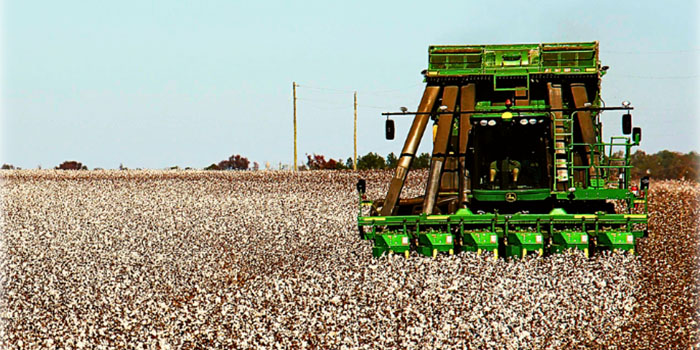By Gary Wade
University of Georgia
Given Georgia’s unpredictable climate, most gardeners are
looking
for tough, drought-tolerant, heat-tolerant, low-maintenance
plants with outstanding seasonal qualities.

|
Georgia Blue veronica (Veronica peduncularis ‘Georgia
Blue’) has all these qualities and more. It’s an easy choice for
a prestigious Georgia Gold Medal in 2005.
Georgia Blue veronica isn’t a University of Georgia
introduction.
It doesn’t hail from the state of Georgia at all. It was found
in
the Republic of Georgia (formerly part of the Soviet Union) by
English plantsman Roy Lancaster, who introduced and named it
after the country of origin.
Georgia Blue veronica is a herbaceous perennial that grows like
a
ground cover and has beautiful, sky-blue flowers in early
spring.
Planted over bulbs such as daffodils, it provides a dramatic
color contrast and spectacular floral display as it blooms in
concert with the bulbs. Yellow, white and cream-colored
daffodils
look particularly nice when blanketed by the carpet of blue.
Other uses
It’s an excellent choice for container plantings and rock
gardens, too. It provides the visual appeal of a woodland stream
spilling over the sides of containers or cascading over
rocks.
Growing just 4 to 6 inches tall and 2 feet wide, Georgia Blue
veronica tends to hug the ground and remain compact. The
evergreen leaves are only about 1 inch long, elliptical-shaped
and finely toothed. They’re dark green in summer and turn a
burgundy-bronze in winter.
Gardeners who like plants that bloom a long time will love
Georgia Blue veronica. From February to April, it bears an
abundance of tiny, true-blue flowers with white centers. At
times
during the bloom cycle, the foliage is masked by all the
flowers.
The flowers are highly attractive to bees and butterflies.
Grows anywhere
Georgia Blue veronica is hardy in zones 5 to 8 and thrives in
full sun and partial shade. Although it grows vigorously and
spreads by creeping rootstocks, it’s not aggressive or invasive.
When it reaches the limits of its growing area, it can be
sheared
back and easily maintained within a bed.
Well-drained soils and good nutrition are essential for success
with Georgia Blue veronica. A light application of 10-10-10
fertilizer every two months and watered in during the first
season will get it off to a good start.
Once it’s established, a light application of a complete
fertilizer such as 16-4-8 in early spring and late summer will
it
keep it looking its best. New plants can be grown from seed or
propagated by dividing established plants in spring or fall.
(Gary Wade is an Extension Service horticulturist with the
University of Georgia College of Agricultural and Environmental
Sciences.)




